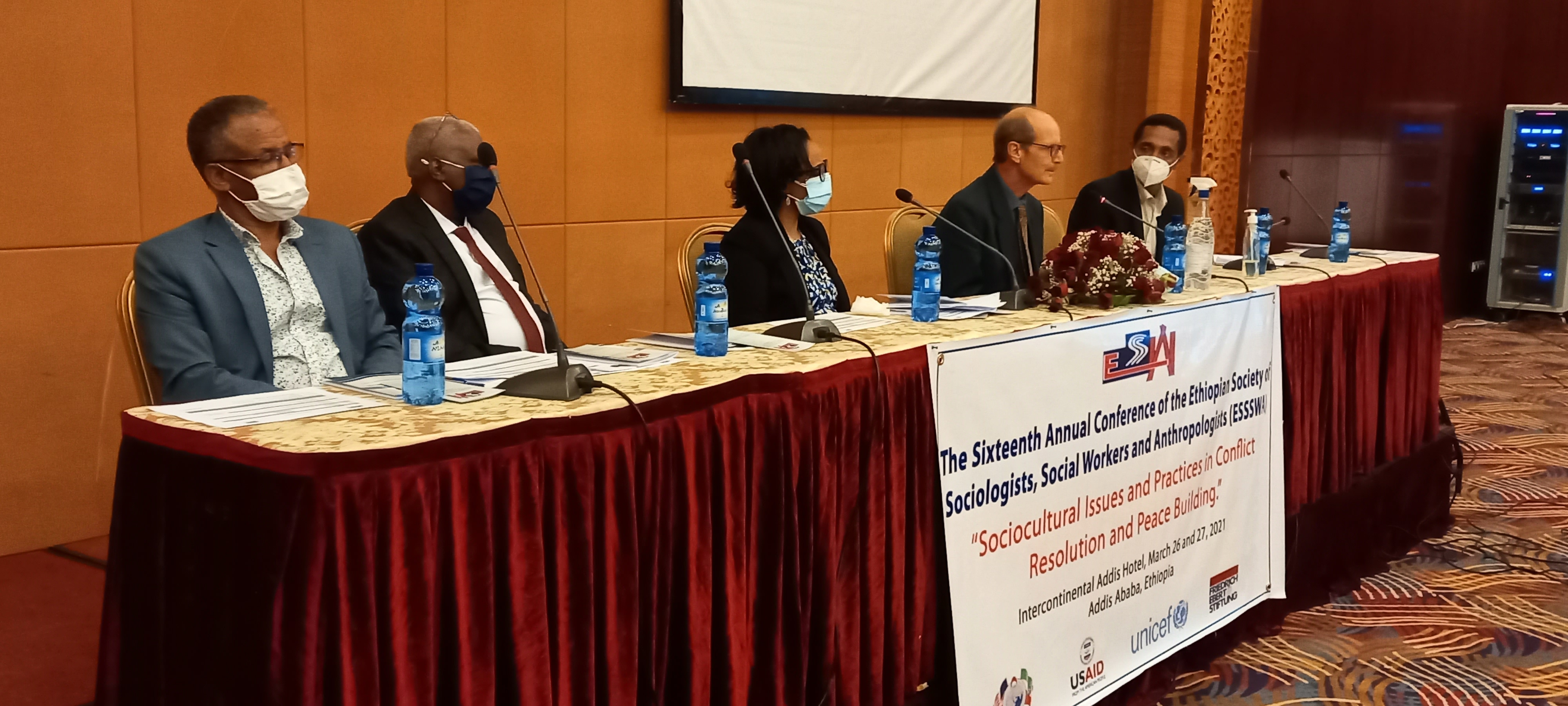 Her Excellency: Dr. Ergoge Tesfaye, Minister, Ministry of Labor and Social Affairs
Her Excellency: Dr. Ergoge Tesfaye, Minister, Ministry of Labor and Social Affairs
His Excellency Dr. Belete Belachew Frederick Ebert Stiftung Representative
Invited Guests,
Dear Members, Partners, Friends and Supporters of ESSSWA
Ladies and Gentlemen
It is my honor and pleasure to welcoming you all on behalf of the Board to this 16th Annual Conference of the Ethiopian Society of Sociologists, Social Workers and Anthropologists (ESSSWA).
As the name ESSSWA indicates, our professional association represents the interests of members and professionals drawn from three core sister disciplines (Sociology, Social Work and Anthropology). We joined forces believing that we have a lot in common and can best work together to further our joint interests and concerns since unity in diversity is our strength.
ESSSWA was established in June 1996 with the major objective to play a key role in tapping the professionals’ and members’ potentials and contributing to the country’s social and economic development. ESSSWA, in its 25 years of existence has played pivotal roles in research and trainings, social service workforce development, social service delivery system strengthening, in the development of Child policy and National Social Protection policy. Recently we have been engaged in the prevention and responses of the COVID-19 pandemic.
Today, ESSSWA has become one of the strongest national professional Associations. Organizing Annual Conferences and deliberating on thematic areas of national significance is also one of the important contributions our society made.
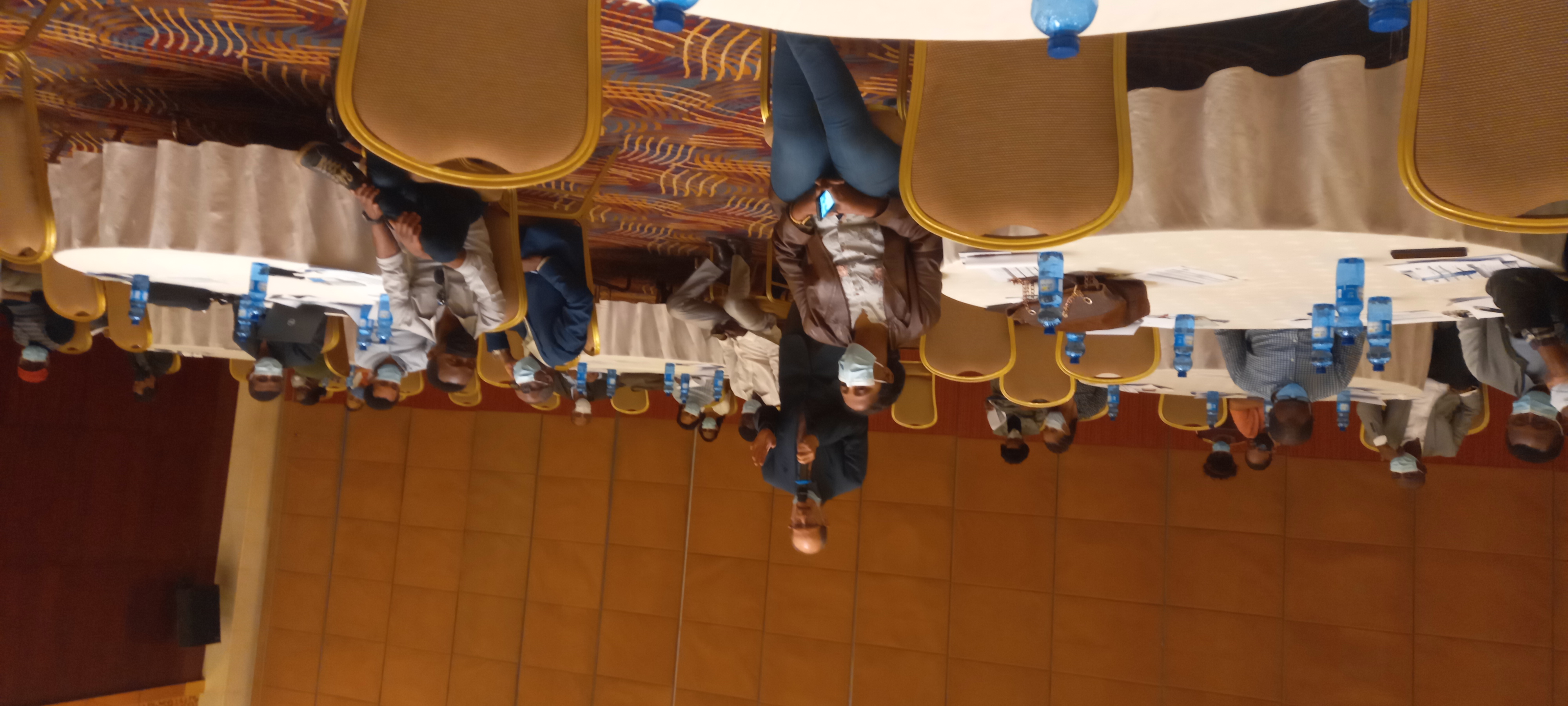 Your Excellency,
Your Excellency,
Distinguished Guests,
Dear Members,
Ladies and Gentlemen
Allow me to take this opportunity to speak briefly about some of the commendable achievements recorded in the reporting year, 2020.
This year, PEPFAR/USAID and UNICEF have continued to be strategic and reliable partners of ESSSWA. Social Service System Strengthening in Ethiopia (SSSE) is a project being implemented with financial and technical support of USAID and in partnership with MOLSA, MOWCYA, the TVET agency and TVET colleges. The project is currently operational in three regional states (Amhara, Oromia and SNNP) and Addis Ababa city administration. The main objective of the project is to improve the well-being of vulnerable citizens particularly of children orphaned and made vulnerable by HIV and AIDS (OVC) and their caregivers through social service delivery system strengthening and workforce development interventions.
To date, the project was able to train 5,265 Para-professionals (Social Service Workers) and 2,707 trained social service workers have thus far been deployed and served in government, non-government agencies and community structures like Community Care Coalitions (CCCs). Besides, ESSSWA’s contributions in the development of a child protection and comprehensive case management framework and operation manual, guidelines, tools and in the provision of various training programs greatly helped the improvement of the existing social service delivery systems in government, non-governmental organization and community structures.
As findings from the monitoring visits, review meetings and regular feedbacks from partners show, this project is a success in meeting its objectives of addressing the needs and priorities of orphan and vulnerable children and their caregivers.
As you know, the United Nations Children’s Fund (UNICEF) is committed to promoting the equal rights of women and girls and to support their full participation in the political, social and economic development of their communities through its country programs. ESSSWA has entered into a partnership agreement with UNICEF to implement a project entitled: “Strengthening the capacities of TVETs and OCACCs and other Service providing institutions.” since June 2019.
The primary objectives of this project are to strengthen the social service workforce development program via providing intensified in-service training programs in Amhara, Tigray, Oromia and Amhara regions and to launch Social service training programs in Somali, Benishangul Gumuz, Gambela and Afar regional governments where the social service workers’ pre-service training programs were nonexistent. Ensuring the quality of the pre-service training programs via strengthening Occupational Capacity Assessment and Certification Centers (OCACC) was also an intervention focus of this project. Following the onset of the COVID-19 pandemic in Ethiopia, UNICEF was flexible to amend its Program Cooperation Agreement (PCA) and engaged with ESSSWA in the prevention and response activities related to the pandemic, including addressing the secondary impacts of COVID-19 on children and their families.
The disrupted pre-service training program planned in this project due to the COVID-19 pandemic has been resumed and 331 trainees have now joined the training program. The project has deployed 68 professionals and provided trainings for 1505 Para-social workers and professionals drawn from government partners using both online and face to face modalities. The training programs mainly focused on child protection services through referral networks among households, communities and service providing institutions, child protection case management and supervision and mentoring. In addition to the training programs, 169 (83 Girls) child protection cases were reported and referred to service providers and 275 children, parents and primary caregivers were provided with community based Mental Health and Psychosocial Support Services.
As you may remember, at the 15th annual conference in March 2019 we announced the establishment of ESSSWA’s Institutional Review Board (IRB) to review and approve research protocols involving human study participants. I am now happy to declare that IRB is bearing fruit and in the year 2020 alone it has reviewed 14 research protocols and issued ethical clearance certificate for different institutions based both in Ethiopia and abroad.
Your Excellency,
Distinguished Guests,
Dear Members,
Ladies and Gentlemen
In its 15 previous annual conferences, ESSSWA has addressed a range of important emerging issues like human trafficking, harmful traditional practices (HTPs), Social and Behavioral Problems, Safety Nets for Vulnerable Social Groups, Social Transformation through Social Protection, Social Change and Culture etc. This Sixteenth Annual Conference will address important and timely concerns under the theme: ‘‘Sociocultural Issues and Practices in Conflict Resolution and Peace Building.”
This important conference is made possible by the generous support of Frederick Ebert Stiftung. Seizing this opportunity, I wholeheartedly acknowledge the support extended by this organization both on my behalf and the Ethiopian Society of Sociologists, Social Workers and Anthropologists (ESSSWA) Board Members.
I would also like to express my sincere gratitude to the resource persons who devoted their invaluable time and expertise in preparing their presentations that are ready to be shared with us today. Also, I thank you all for making the time and effort to attend this conference.
Last but not least, I would like to thank my board member colleagues, ESSSWA management and staff and IRB members for their contributions to make the above mentioned achievements possible.
Finally, I would like to cordially invite Her Excellency Dr. Ergoge Tesfaye, Minister, Ministry of Labor and Social Affairs (MOLSA) to deliver a speech and officially open the 16th annual conference of ESSSWA.
Thank you!!!!
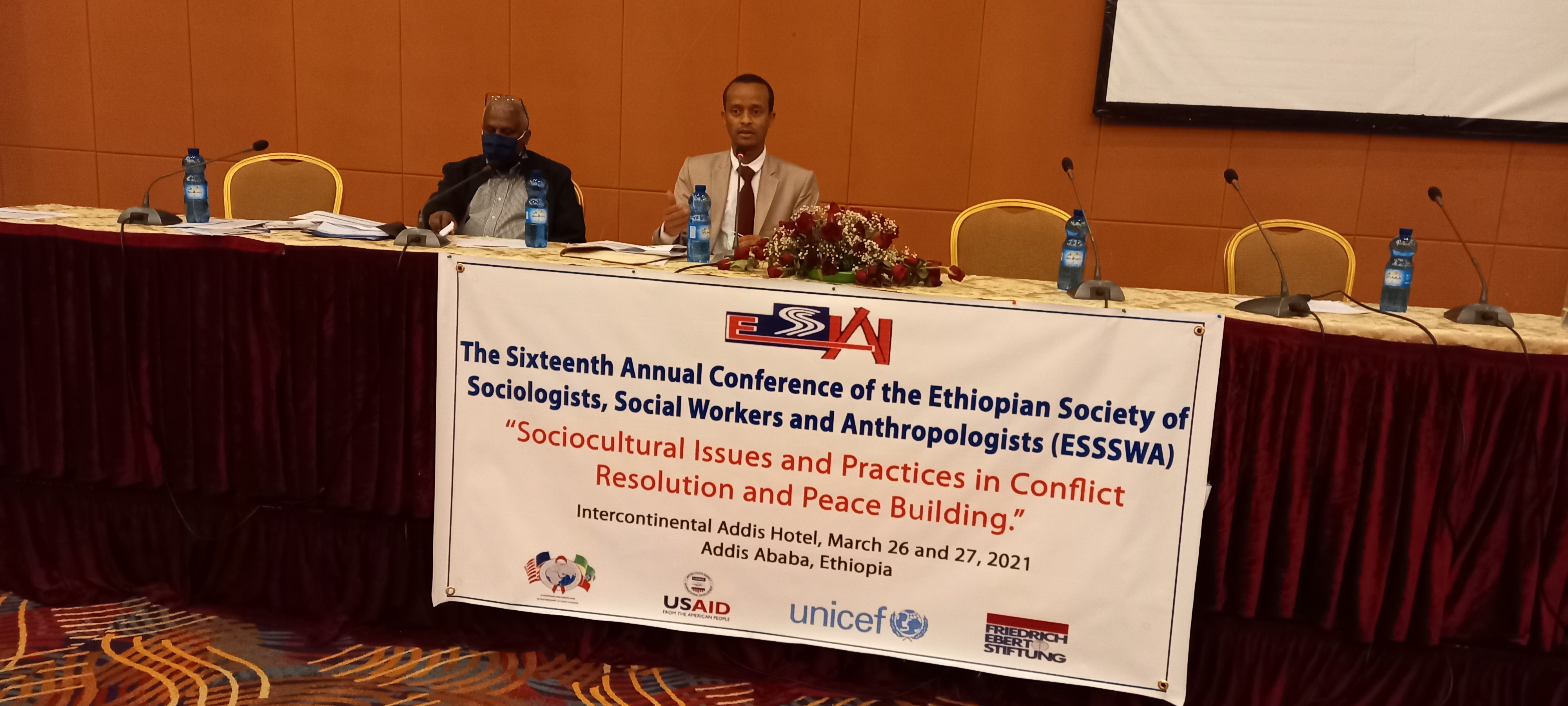 የተከበሩ የኤስዋ ጠቅላላ ጉባኤ ሰብሳቢ
የተከበሩ የኤስዋ ጠቅላላ ጉባኤ ሰብሳቢ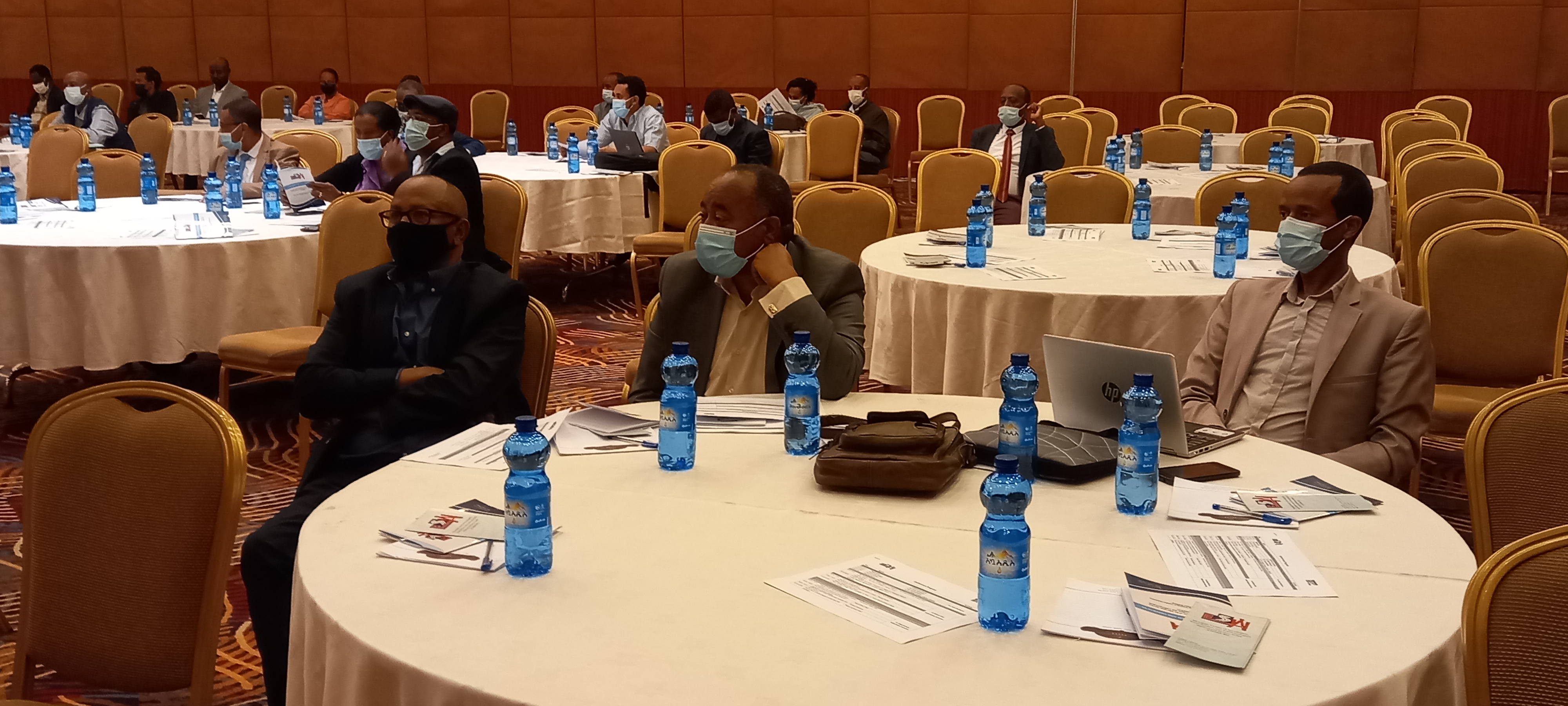 የዛሬው ዓመታዊ ጠቅላላ ጉባኤ የተጠራባቸው ዋና ዋና ምክንያቶች በዕለቱ የጉባኤ ፕሮግራም/ መርሐ-ግብር ላይ በተገለፀው መሠረት በሚከተሉት አራት ነጥቦች ላይ ያተኩራል፡፡
የዛሬው ዓመታዊ ጠቅላላ ጉባኤ የተጠራባቸው ዋና ዋና ምክንያቶች በዕለቱ የጉባኤ ፕሮግራም/ መርሐ-ግብር ላይ በተገለፀው መሠረት በሚከተሉት አራት ነጥቦች ላይ ያተኩራል፡፡
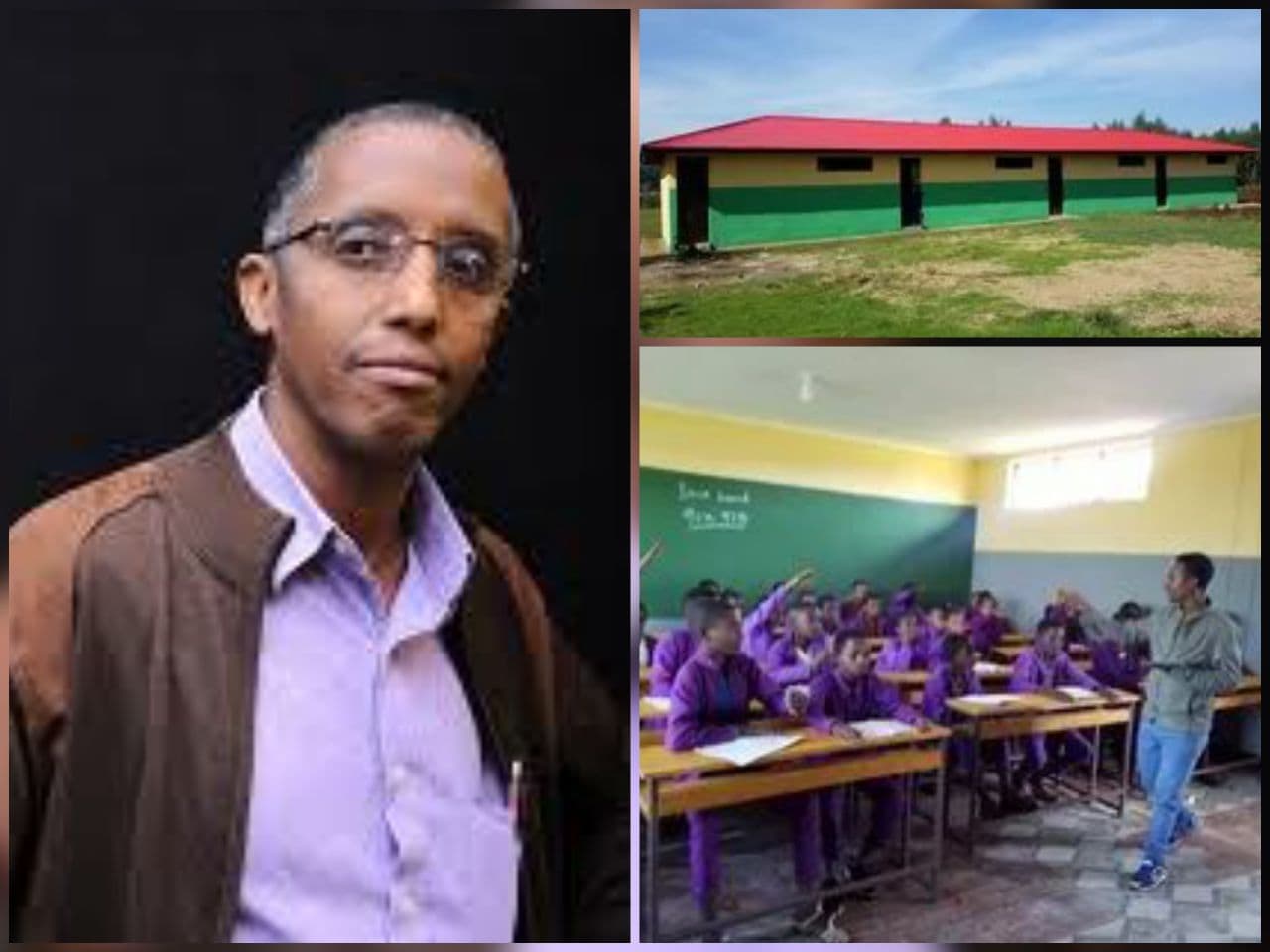
 Her Excellency: Dr. Ergoge Tesfaye, Minister, Ministry of Labor and Social Affairs
Her Excellency: Dr. Ergoge Tesfaye, Minister, Ministry of Labor and Social Affairs Your Excellency,
Your Excellency,